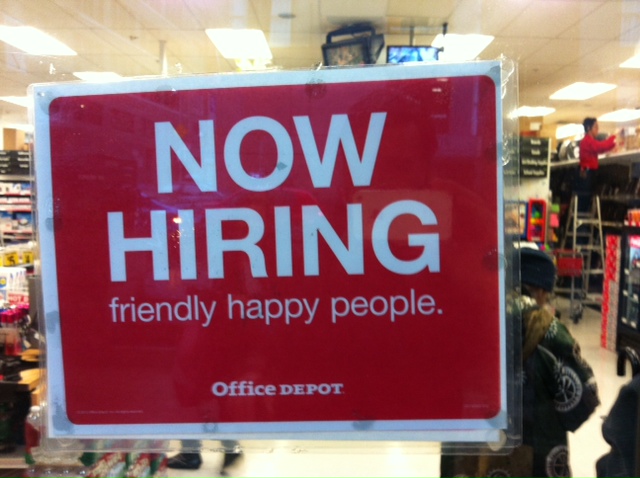Last October, ahead of the company’s Orlando Symposium, Gartner Research Director Kenneth Brant released a paper looking at the effects of technology on the workplace.
“Most business and thought leaders underestimate the potential of smart machines to take over millions of middle-class jobs in the coming decades,” Brant wrote. “Job destruction will happen at a faster pace, with machine-driven job elimination overwhelming the market’s ability to create valuable new ones.”
Brant’s view about middle class jobs is a sobering thought, many of the corporate ‘knowledge worker’ positions can be easily replaced by computers to make the decisions now being made by armies of mid level managers, bean counters and clerks.
Indeed the whole concept of ‘knowledge worker’ that was fashionable in the 1980s and early 90s in describing the post-industrial workforce of nations like the US, Britain and Australia is undermined by the rise of powerful computers and well crafted algorithms to do the jobs unemployed steel workers and seamstresses were going to do.
Twenty years later and the ‘knowledge workers’ had morphed into the ‘creative class’ and it appears the computers are coming for them, too.
Personally, I subscribe to the view in the medium to long term new jobs in new industries will evolve – a view shared by economists like GE’s chief economist, Marco Annunziata.
Over the next decade however there’s no doubt we’ll be seeing great disruption to established industries and the hostility to Google buses in San Francisco may be just an early taste of a greater antagonism to the technology community in general.
For managers, the problems are more complex; while their own departments, corporate power bases and even their own jobs are at risk, they are going to have to find ways to incorporate these changes into their own business. Gartner warns CIOs in its briefing paper;
The impact will be such that firms that have not begun to develop programs and policies for a “digital workforce” by 2015 will not perform in the top quartile for productivity and operating profit margin improvement in their industry by 2020. As a direct result, the careers of CIOs who do not begin to champion digital workforce initiatives with their peers in the C-suite by 2015 will be cut short by 2023.
Few industries are going to be untouched by the disruptions of the next decade and the resultant job losses are going to present challenges for all of us.

Leave a Reply